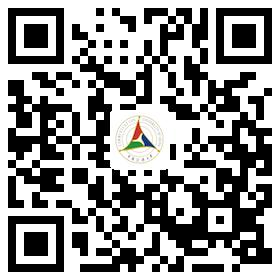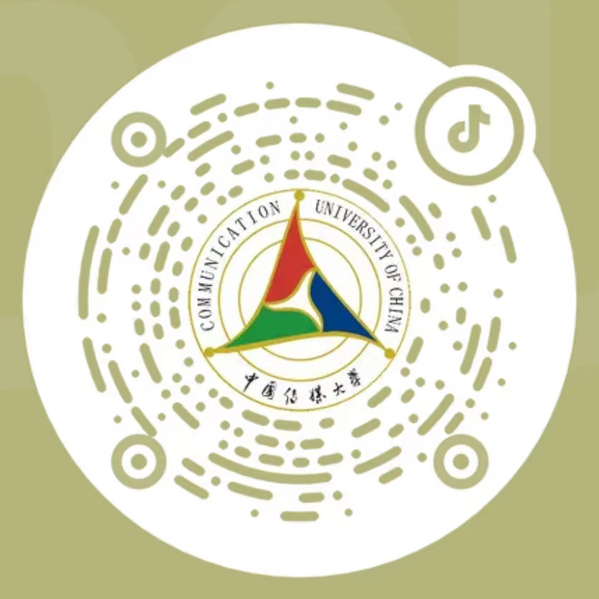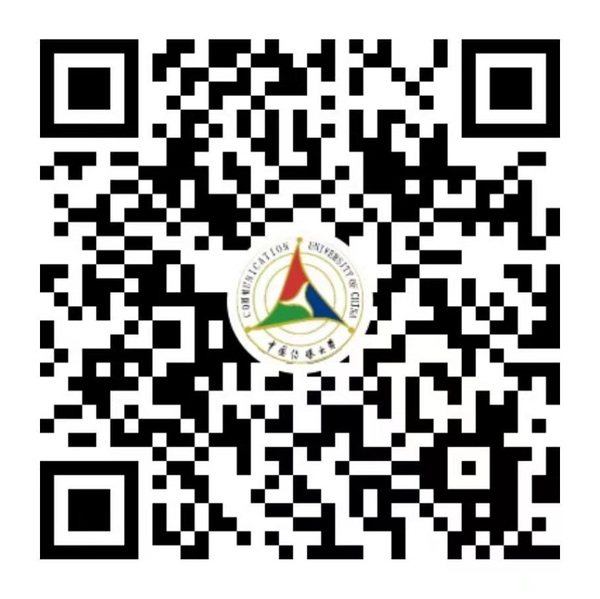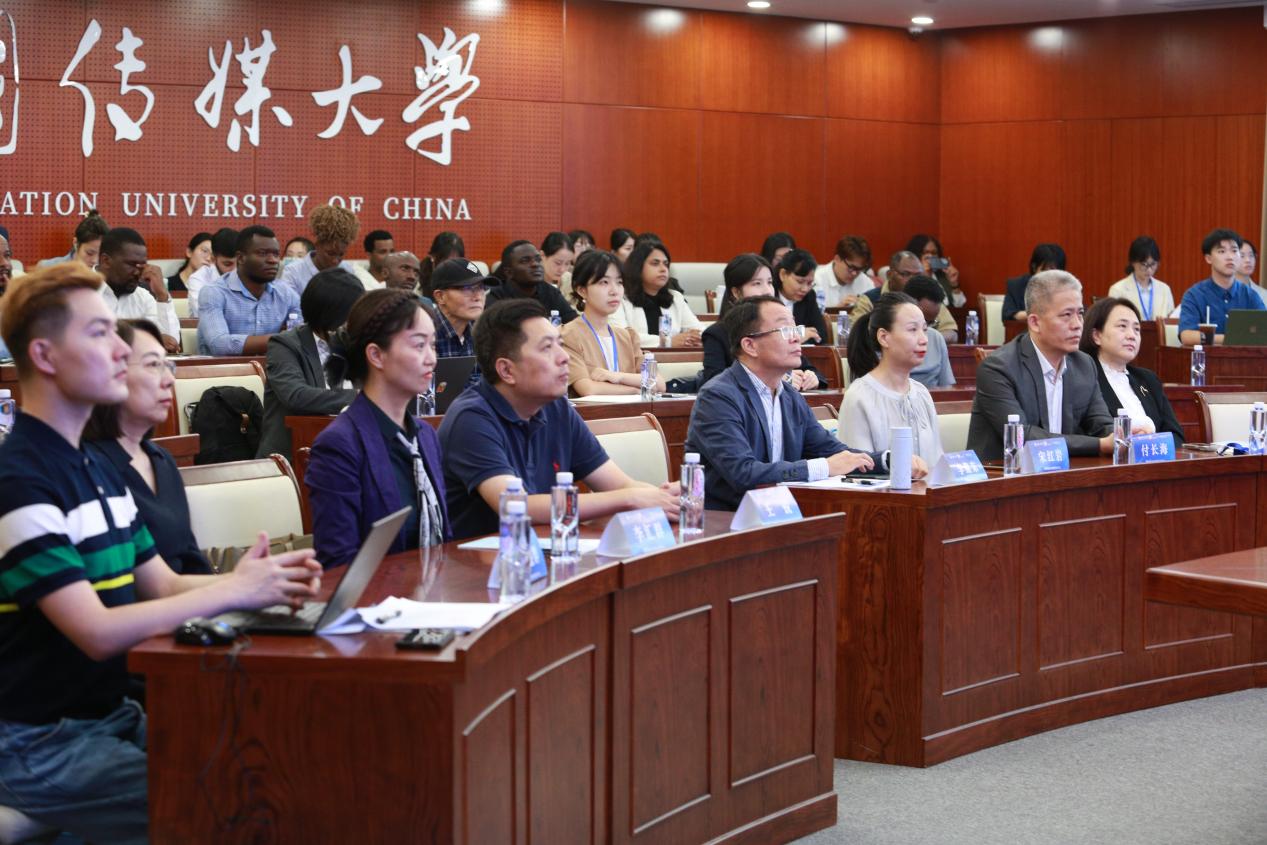
At the opening ceremony in the morning, Chai Jianping, member of the Standing Committee of the Party Committee and Vice President of Communication University of China, delivered a welcome speech on behalf of the organizer. Professor Shahbaz Khan, Representative of UNESCO in China, and Makhdoom Babar, President and Editor-in-Chief of Pakistan’s Daily Mail, delivered speeches at the conference.
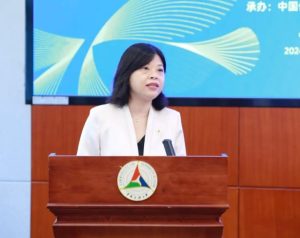
Dean Li Shu
Shao Rui, deputy to the Shandong Provincial People’s Congress and Dean of the School of Humanities and Journalism and Communication of Heze University, delivered a speech on behalf of the young scholars attending the conference. The opening ceremony was hosted by Li Shu, Dean of the Institute of Communication. Vice President Chai Jianping first welcomed and thanked the guests, scholars and students who attended the conference. He emphasized that information is like fresh water from the source, and information literacy is our key ability to screen and draw fresh water. In today’s rapidly developing artificial intelligence, we must fully realize the importance and urgency of improving information literacy.
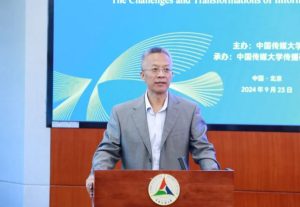
Vice President Chai Jianping
Vice President Chai Jianping pointed out that the purpose of holding this conference by Communication University of China is to actively respond to the call of the times and contribute ideas and wisdom to accelerate the construction of a cyber power and promote Chinese-style modernization through in-depth discussions on the challenges and changes of information literacy in the era of artificial intelligence. At the end of his speech, Vice President Chai Jianping wished the conference a complete success and invited the guests, teachers and students present to attend this feast of ideas and embrace the new era of intelligent communication.
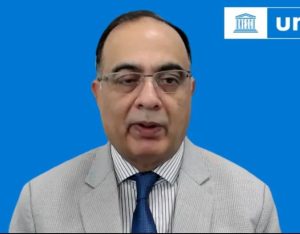
Prof. Shahbaz Khan, UNESCO Rep
Professor Shahbaz Khan, UNESCO Representative in China, pointed out that with the profound changes that artificial intelligence has brought to society, the importance of improving information literacy has become increasingly prominent. UNESCO advocates media convergence and promotes global education, while paying attention to the cultivation of the public’s critical thinking and digital ethics awareness. This conference of Communication University of China is a positive response to the Global Media and Information Literacy Week. We hope that the participants will fully communicate and deeply discuss to help build an equal, safe, open and efficient global community.
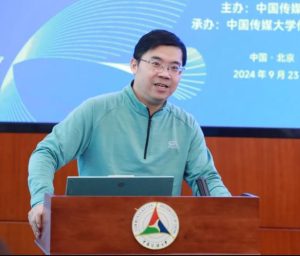
Prof. Shenyang
Professor Shenyang’s speech incorporated a wealth of graphic, text and video materials. By sharing practical cases of individuals and teams using artificial intelligence to create texts, paintings and music, he proposed that the key to cultivating intelligent literacy is the pursuit of truth, goodness and beauty, and that the communication between humans and AI is a cyclical process. Artificial intelligence should be used to answer unresolved issues for humans, overcome difficulties and make life better.
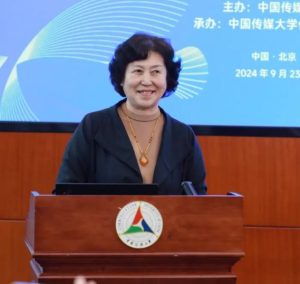
Prof. Zhang Kai
Professor Zhang Kai reviewed the development of information literacy research and looked forward to future research directions. Information literacy research not only has a deep, diverse and solid theoretical foundation, but also has a long history of development. With the evolution of the times, the connotation, extension, theoretical focus and practical innovation of information literacy have undergone significant changes. At a time when artificial intelligence has a profound impact on information production, distribution and consumption patterns, it is urgent for us to clarify the relationship between man and machine, enhance information responsibility awareness, cultivate information decision-making, knowledge innovation and deep learning capabilities, and open up a new paradigm for information literacy research.
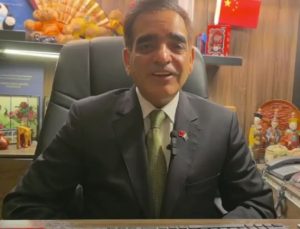
Makhdoom Babar, President and Editor-in-Chief of Pakistan’s Daily Mail
Makhdoom Babar, President and Editor-in-Chief of Pakistan’s Daily Mail, recalled his first encounter with Communication University of China and their long and close relationship. Twenty years ago, the first International Conference on Information Literacy left a deep impression on him, and this year’s seventh conference will surely provide participants with a high-quality platform for diverse expressions and extensive dialogues. He expressed his willingness to carry out deeper cooperation with Communication University of China in the fields of information literacy education, news dissemination, and cultural exchanges in the future.
In the afternoon, six parallel forums focused on topics such as the practice and thinking of information literacy in new productivity, information literacy and critical thinking in the digital age, algorithm literacy and network security in the era of artificial intelligence, information ethics and social responsibility awareness, international communication and information literacy, and artificial intelligence and information literacy in a global perspective.
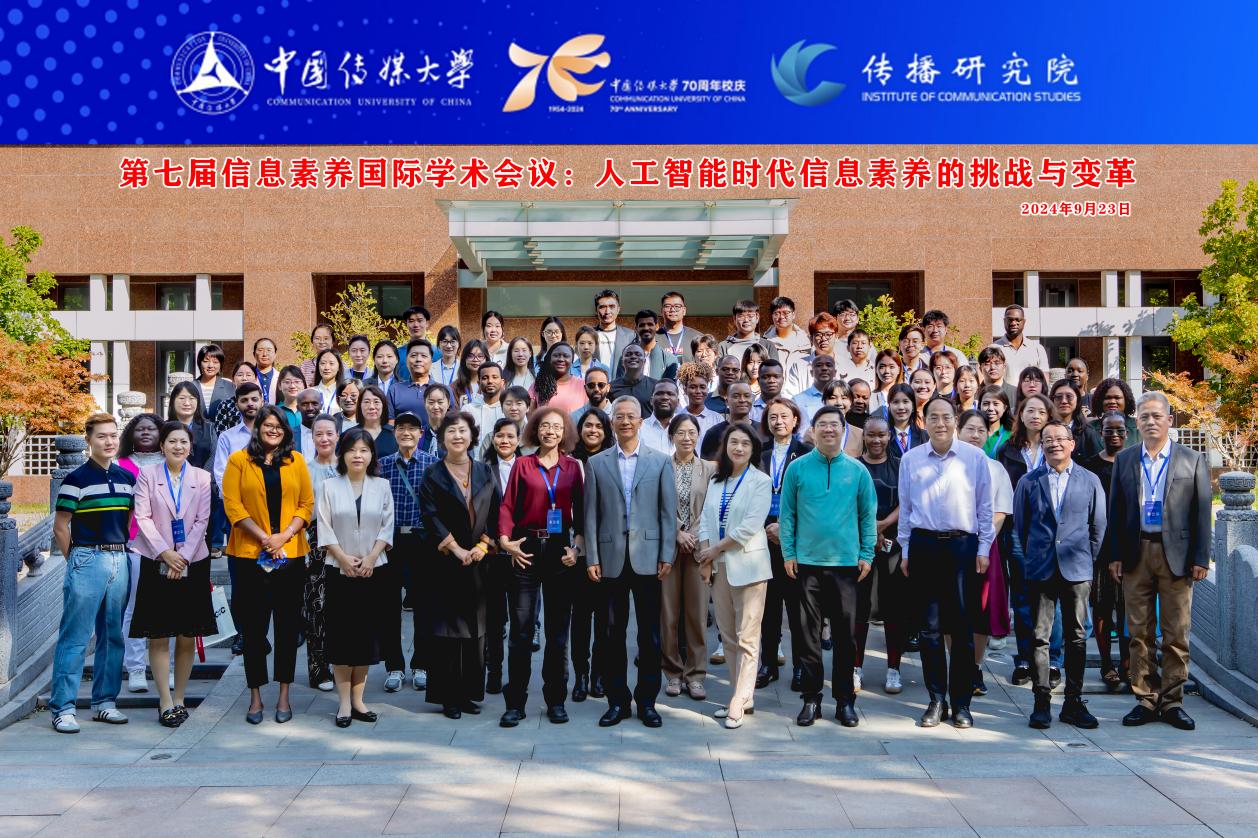
Group photo of the 7th International Conference on Information Literacy
In the afternoon, six parallel forums focused on topics such as the practice and thinking of information literacy in new productivity, information literacy and critical thinking in the digital age, algorithm literacy and network security in the era of artificial intelligence, information ethics and social responsibility awareness, international communication and information literacy, and artificial intelligence and information literacy in a global perspective.

